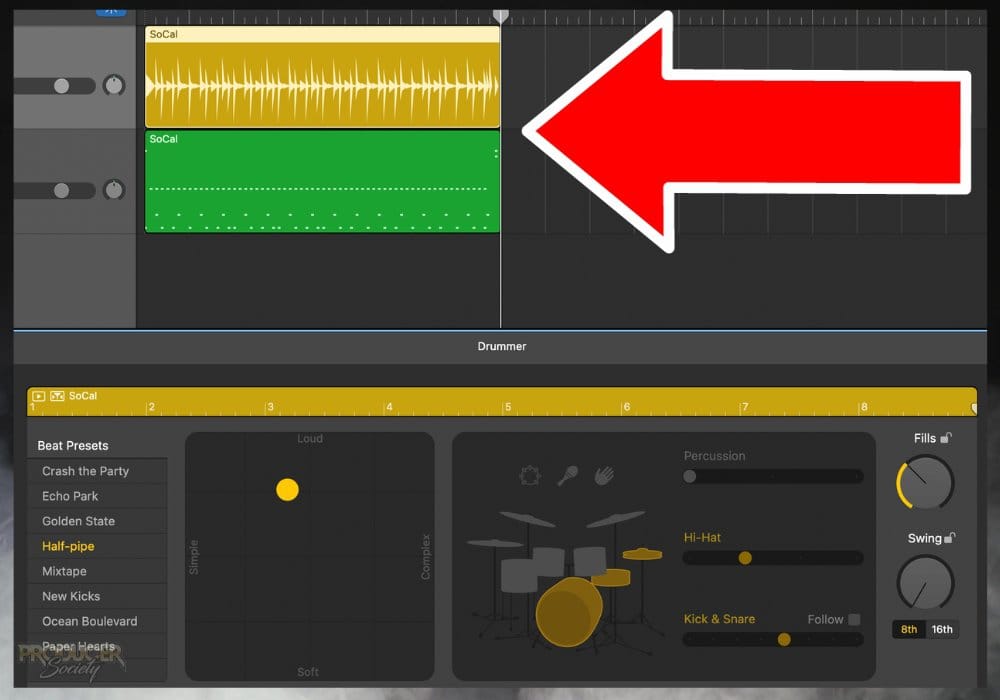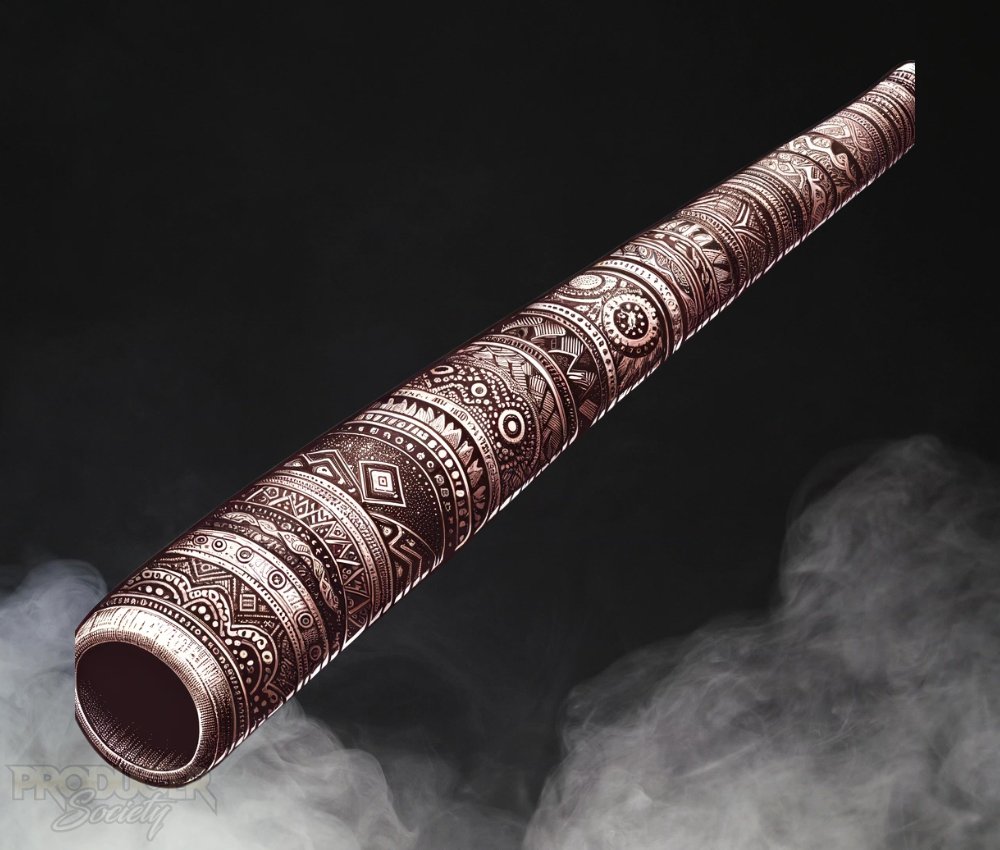In case you don’t know what I’m talking about already, I’m referring to the fairly common sentiment among budding producers that sample and MIDI packs are “cheating.”
While I was never one to dunk on people who relied on Apple Loops, Splice, and MIDI packs, I was initially averse to them. I never felt like they were “inferior,” but I have to admit that it did feel like cheating, so to speak.
After a few years of making my own music, I finally started to use them a lot. Here are 6 ways that they’ve improved my workflow, starting with the biggest one first.
1) They’re Very Time Efficient
There’s no question that crafting every element of a track from scratch is time-consuming. Pre-recorded loops and samples can significantly speed up your production process.
This is especially beneficial when working under deadlines or when you want to focus more on songwriting and arrangement rather than sound design.
A solid drum loop, for me, is an incredible way for me to conserve time. I used to spend probably 2-4 hours making the drums from scratch. You can see how I put it to use in the video shown below:
This frees up more time to also work on the mixing, for example.
This proved useful in one other way that I’ll explain in a minute, but nowadays, I don’t see a problem at all with using a loop or sample for the drums instead. It could be the difference between me finishing 3-5 projects that week instead of just one.
2) Perfect As A Learning Tool

Analyzing and deconstructing pre-made loops and samples can be an excellent learning tool. As a matter of fact, this is something I explained just the other day in my article on why I love GarageBand’s Drummer Track so much.
Understanding how loops are made and what makes them effective can provide insights into music theory, structure, and sound design that you can apply to your own creations.
I learned how to program grace notes by dissecting the GarageBand drummer track, and it’s something I use all of the time to this day.
The idea of using loops as an education tool will prove especially true for adapting new genres. Learning how to program a reggaeton beat, something that I admittedly haven’t done yet, could help you in other projects.
3) Great for Creativity and “Beat-Block”

Loops and samples can serve as a catalyst for creativity. It’s not uncommon for me to do something like this when I can’t figure out a chord progression on the guitar.
I’ll find a loop that I like and try to come up with my own version of it. In the end, I’ll have something completely unique but inspired by the loop. I can tell myself and others that it’s my creation – because it is.
Another significant benefit of using loops is that they can spark fresh ideas., something that you initially may not have considered or even thought about.
4) They’re Usually Professional Quality
Some of these companies offer high-quality, professionally recorded sounds. This ensures your production has a polished and professional sound without needing expensive recording equipment or access to studio spaces.
It’s a cost-effective way to elevate the production value of your music.
And this goes back to what I was saying earlier in regards to creativity. A professionally recorded, properly played, drum loop could introduce a new creative idea you wouldn’t’ve considered earlier.
It could also save you time, teach you something new, and just sound better than what you would’ve had initially.
5) Gives Access to New & Rare Instruments

If you need a flute and you’d rather not download or buy a VST, you can always just find a solid sample or loop to throw in your project. This will not only broaden your musical horizons, you could also learn how to blend genres in an innovative fashion.
There’s a site you can use this for by the way, it’s called Every Noise At Once. I’m not a sponsor or anything like that, it’s just a site that will mix sounds and genres together in a way that hasn’t been done before.
Simply put, you can use it for coming up with your own style.
6) And You Can Use Them Again
And there’s nothing stopping you from using the same loops over again if you want to. It’s not like you’re committing some kind of artistic crime by re-using a melodic or rhythmic idea for the second, or even the third time.
I’ve used the same drum track on a couple projects, including for my project shown below.
2 Important Things To Note
1) You Can Do The Same With Other People’s Work
Regarding the point on using them as learning tools, you can use other artists’ music in the same way. I saw a video from the guy from Pink Floyd talking about how he learned how to resolve to the tonic in an interesting way from a Miles Davis record.
Rather than going back to the tonic (Em) after the Dominant chord (B7), Gilmour talked about going down to a D7#9 and D#º7 (diminished) before finally resolving to the E Minor.
2) Relying On Loops May Not Be Best For You
I still think it’s wise to construct your own music from scratch. If you don’t really care and you’d rather specialize in songwriting or some other skill, then maybe you should disregard this.
Personally, I value understanding how to create rhythmic or melodic patterns similar to those of my favourite artists. I do think it’s wise to have an area of expertise or specialization, however.
What are your thoughts on things like loops, samples, and MIDI packs?
Are they the bane of our existence or are they the best things ever?
Let me know in the comments.

 Written By :
Written By : 